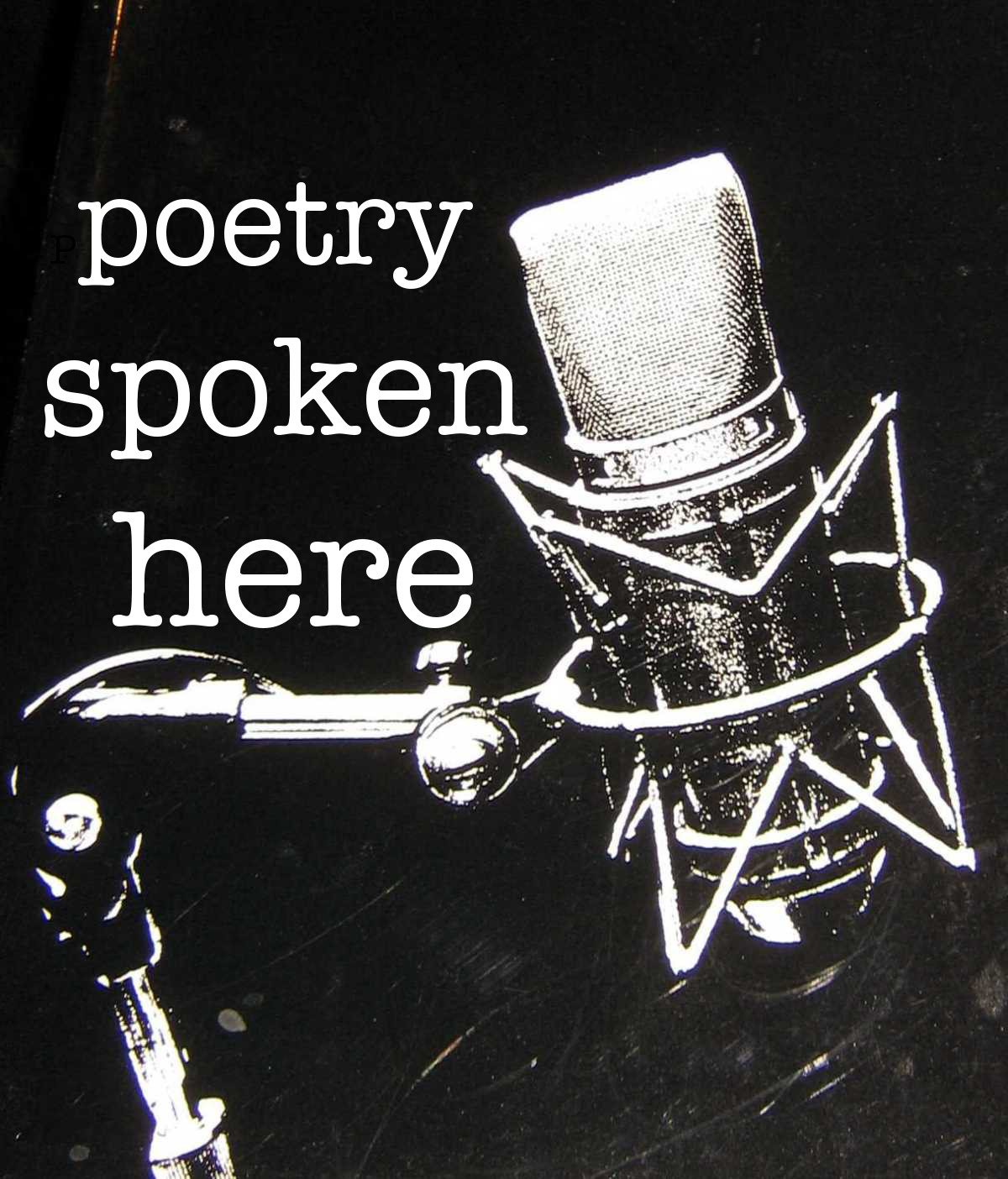Lee Gurga, author of Haiku: A Poet's Guide
If you’ve spent any time at all investigating the nuances of English language haiku, you have no doubt run into the issue of whether of not to count syllables. Some adhere to the idea that haiku is a 3-line form with 5-7 and 5 syllables in the three lines. Others argue that the syllable count doesn’t make the kind of sense in English that it makes when writing in Japanese.
The non-syllable counters point out that it’s not the number of lines and syllables that define haiku but rather whether or not the poem adheres to haiku principles. They argue that a good haiku must reflect the immediacy of a specific haiku moment. Furthermore, a good haiku will juxtapose two images that when presented together make up a whole that is more and different than the sum of its two parts.
There’s no reason to expect syllable counting to go away. Teachers like to teach syllable-counting haiku. Emphasis on syllable counting means that they can give students easy to define assignments. That’s a lot simpler than attempting to explain the essence of a haiku moment and the idea of evoking a feeling by presenting two juxtaposed images. Randy Brooks elaborates on the defining characteristics in his appearance on the Poetry Spoken Here podcast.
If you are interested in going beyond physical form and learning about the true essence of haiku, Lee Gurga’s book, Haiku: A Poet’s Guide is a great resource. Gurga not only explains the elements of haiku, but he also warns against common pitfalls such as trying to tell too much of a story or cramming too many images into a single haiku. A unique benefit of this book is that he illustrates his points with examples of poorly written haiku. You may think that qualitative judgments in poetry are a matter of opinion, but when you read the examples he provides you’ll find it easy to understand why he considers some excellent and others deficient.
You may also be interested in looking into the Haiku Society of America, a source of ongoing encouragement and support for haiku writers.
To hear Randy Brooks discuss haiku at length on Poetry Spoken Here, click here.

